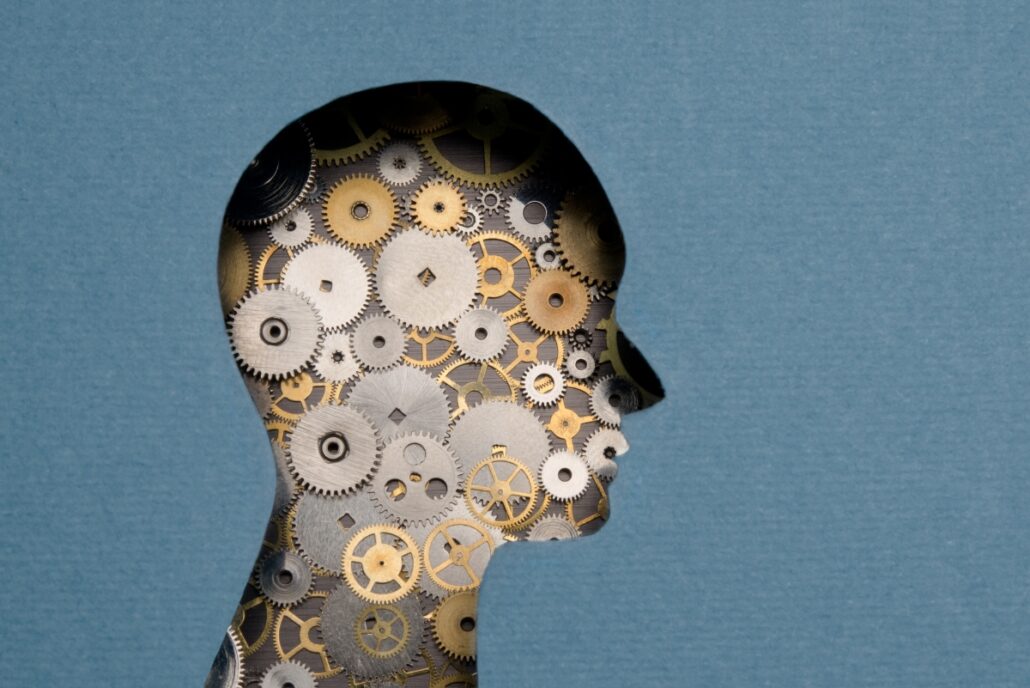More than 300 million people of all ages and cultures, all over the world suffer from depression. It is by far the leading mental health condition affecting people today. Depression is a disability and extends beyond mental health; it can contribute to physical disease as well. Although the prevalence of depression is intimidating, there are many evidence-based strategies that may be effective in treating the condition.
6 Evidence-Based Approaches for Treating Depression
Cognitive-Behavioral Therapy
Cognitive-behavioral therapy (CBT) is a therapy technique that aims to improve mental health by challenging and changing negative thought patterns and behaviors, and replacing them with positive ones. The rewiring of our brains over time aims to treat the underlying causes of depression.
Science has found CBT can be as effective as antidepressants. However, tne drawback recognized by patients and clinicians is that the effectiveness seems to decrease over time. Despite this, CBT is still considered one of the best depression treatment options.
Psychoanalysis and Psychodynamic Psychotherapy
Psychoanalysis and psychodynamic psychotherapy are a set of therapeutic techniques related to the study of the unconscious mind. The techniques are used to understand and inform methods of treatment for mental health conditions. Often associated with famous neurologist Sigmund Freud, the technique has changed significantly since its inception. For many, depression is caused by unconscious negative ideas we have about ourselves or the outside world. Psychoanalysis helps those with depression understand these thoughts so that they can be confronted and released. Studies support the use of psychodynamic therapy to treat depression, finding changes in the regions of the brain associated with depression.
Short-Term Therapies
There are many different forms of therapy and the one that works best for you may not be obvious. These short-term therapies may be options to explore.
- Acceptance and Commitment Therapy (ACT) is a practice that uses acceptance and mindfulness strategies to increase flexibility to accept our current situations and find solutions accordingly.
- Emotion-Focused Therapy (EFT) is a therapy that puts emotions instead of cognition at the forefront.
- Interpersonal psychotherapy (IPT) is a therapy that focuses on resolving interpersonal distress, the key contributor to psychological distress.
- Behavioral Activation Therapy for Depression (BATD) is one of many functional analytic psychotherapies which encourages a person to consider and change the conditions that contribute to depression.
Exercise
Many consider exercise to be an effective form of therapy as it has been shown to be as successful as other treatments. The ways in which exercise reduces the effects of depression seem to be:
- By increasing levels of serotonin, the neurotransmitter connected to feelings of wellbeing and happiness
- By increasing the production of brain-derived neurotrophic factor (BDNF), which is essential to the growth of new neurons and to keeping existing neurons healthy (Depression is associated with shrinkage in a part of the brain called the hippocampus which is counteracted by BDNF)
- By reducing inflammation, which may be an underlying cause of depression
Meditation and Mindfulness
One of the most popular treatment techniques in the last several years has been meditation and mindfulness-based tactics. Science has shown that meditation in particular has a noticeable effect on depression. Recent studies link mindfulness training to the prefrontal cortex, which is associated with worry-based and self-referential thoughts. By targeting these areas, mindfulness connects to key regions known to be affected in depression.
Medication
Psychiatric medications, including antidepressants, help many people with depression. However, medication is not a cure-all. The efficiency rate is considered moderate, which is why it’s so important to weigh your options and consult your clinician about what route is right for you. Often medication paired with therapy is a more effective solution. This is thought to be because, like exercise, medication targets the neurotransmitters, such as serotonin, and puts the brain into a state in which therapy can better take effect.
Genetic testing for depression medication is one option you may consider with your clinician when searching for pharma treatment. Genomind’s is a pharmacogenetic test that assists clinicians in optimizing treatment decisions for patients with mental health conditions. It has helped many people suffering from depression (like Kristen featured in My Depression Story). Ask your clinician if Genomind’s testing and services could be right for your treatment plan.
Tackling Depression
Depression can be difficult to overcome, so finding the treatment or combinations of treatments that are right for you is essential. Work with your clinician to start taking steps in the right direction. For the millions who suffer from depression, there are many resources available. You can start with these depression resources from our team.
Sources
This blog references a 2017 Forbes article written by Alice G. Walton.

